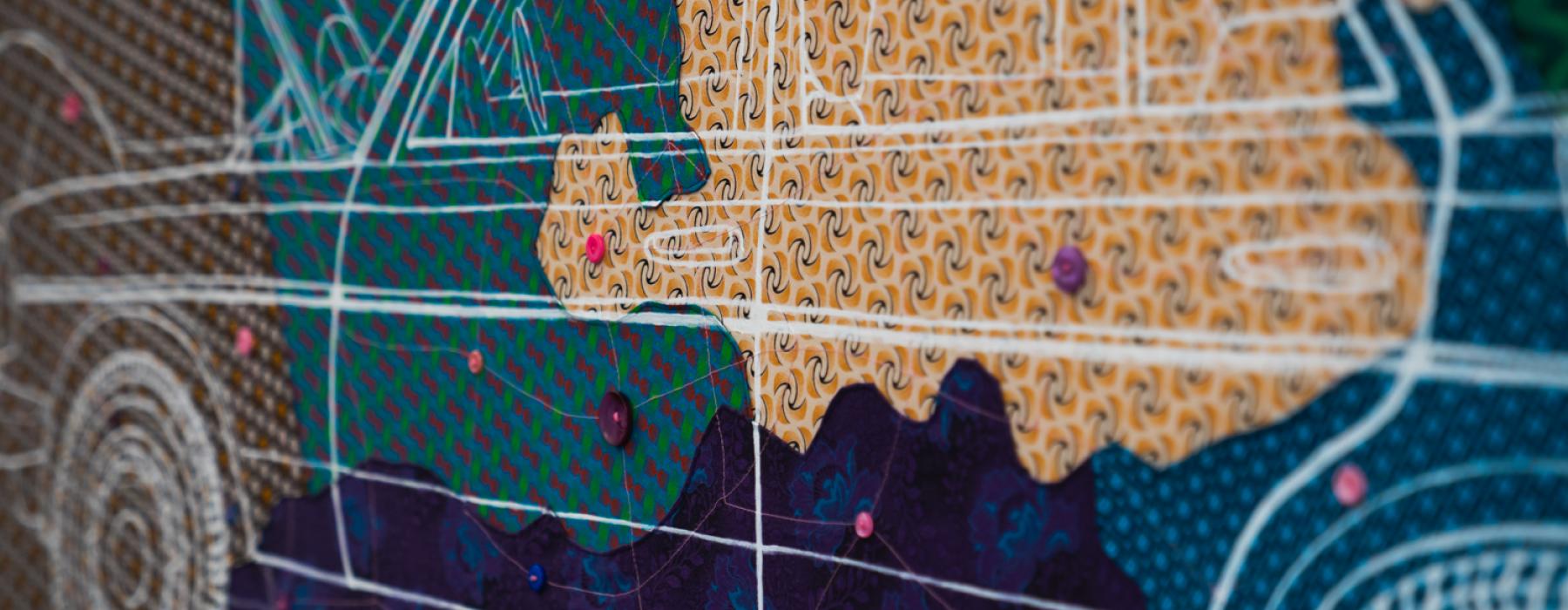
This talk takes as its starting point the political construct "people of color". Recent US critiques, particularly from Afropessimist and Native Studies scholars, seem to strongly indicate that this coalitional term is increasingly being used as a means to brush over specific forms of violence and significant differences between modes of racialization. At the same time, anti-racist coalitions in response to the global rise of neo-nationalism and ethnic essentialism are urgently needed. Thus, while acknowledging the importance of these critiques, Prof. El-Tayeb suggest that rather than discarding the term people of color, we might reassess it by decentering the US discourse and instead look at it from “marginal" perspectives, such as the European one. Europe diverges from the US model of racialization in ways that tend to be misread, especially in Europe itself, as the absence of race as a relevant social and political category. While racial slavery and native dispossession and genocide are foundational to the US, in Europe, it is the racializing of religion and colonialism that shaped the continental identity and in turn continues to shape the positionality of in particular the African, Roma and Muslim diasporas. In this talk, Prof. El-Tayeb will trace strategies of resistance to racist exclusion grounded in the intersecting experiences of these communities in Europe.
The lecture will be introduced by Dr. Damani Partridge (University of Michigan) and will be followed by a 10 minute Q&A, moderated by Dr. Jasmijn Rana (Leiden University).
